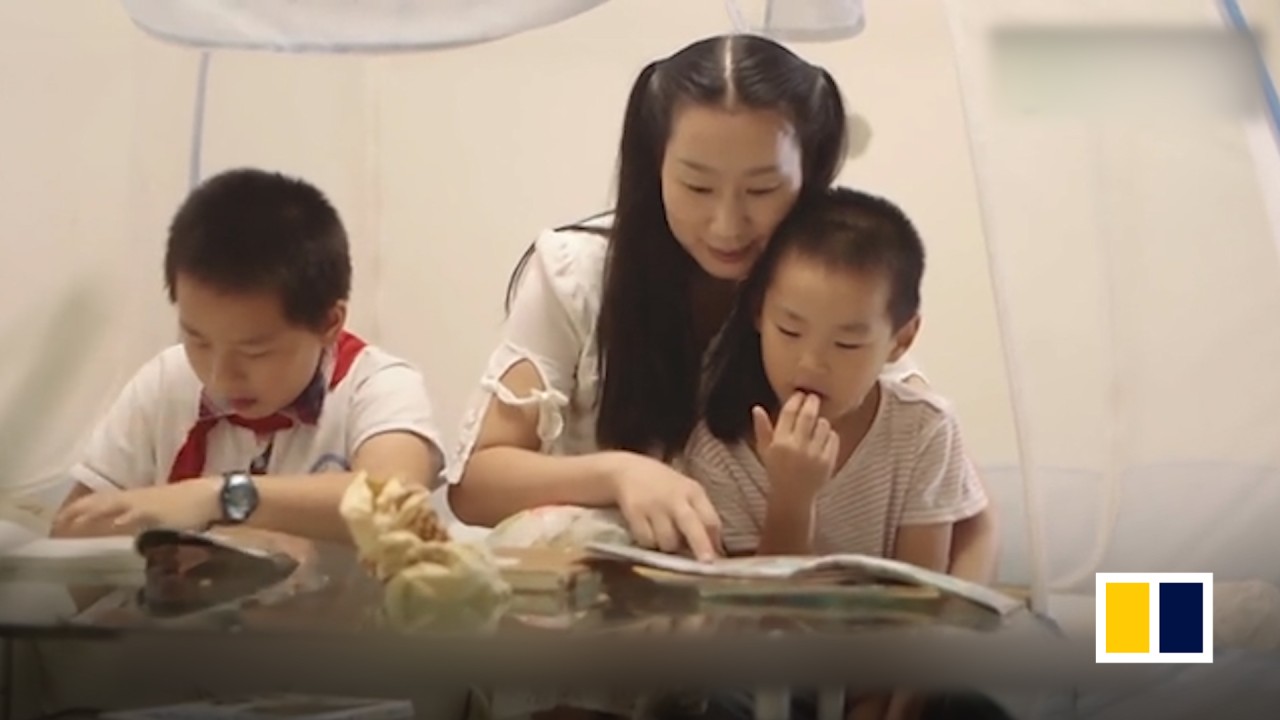
Neurodiverse talent is an untapped resource across Asia-Pacific
- Corporate studies reveal that teams with neurodiverse employees – including those with ADHD, dyslexia and other mental ‘disabilities’ – are more creative, productive and innovative
Thirty-two. That was the number of years I lived before a doctor diagnosed me with attention deficit hyperactive disorder (ADHD). The unexpected surprise was followed by frustration, that I hadn’t sought help earlier, anger, that so little was understood about it, and sadness, as I considered how the past could have been different.
As we mark International Day of Persons with Disabilities on December 3, I hope to shine the spotlight on this wealth of untapped talent across the Asia-Pacific.
Increasingly, we recognise that human capabilities sit on a bell curve. Across the world, there will be people who are typical (neurotypical) or atypical (neurodiverse). Neurodiverse individuals fall above or below the extremes of a statistical bell curve, and are estimated to make up between 30 per cent and 40 per cent of the population. People like me are simply more inclined to think differently.

Frustratingly and surprisingly, adults are increasingly receiving neurodiversity diagnoses later in life.
I empathise with the difficulty that medical professionals face: a diagnosis can help or hinder. Does someone have the agency to know a label doesn’t define who they are, and do they even want to face reality?
Any medical diagnosis can begin a daunting journey, but since being diagnosed and sharing that information with my employer, I understand myself better. Dark corners have nowhere to hide from the transparency and trust that light brings.
Banks do not merely look after money. We are in the business of trust, and I am charged with helping to protect that trust by looking after cybersecurity across the Asia-Pacific. In addition to my technical skills, I am valued by HSBC for my ability to think differently. Deloitte, meanwhile, highlights that teams with neurodivergent professionals can be 30 per cent more productive than those without.
Neurodiversity can be quite invisible. Because of its hidden nature, we must create an environment where people feel secure. The US Department of Labor found that employers who embraced disability saw a 90 per cent increase in employee retention.
Traditionally, employees did not actively disclose a disability. Unfortunately, systemic under-reporting amplifies misunderstanding so simply raising awareness on neurodiversity will help.
The case for hiring from this diverse pool is strong. Neurodivergents contribute to thought diversity, creating a more entrepreneurial environment and refining the quality of outcomes. A recent Harvard Business Review article quantified that professionals with autism can be up to 140 per cent more productive than the typical employee when properly matched to jobs.
EY compared the work generated by neurodiverse and neurotypical professionals and concluded that “quality, efficiency and productivity were comparable, but the neurodiverse employees excelled at innovation”.
A pro-LGBTQ Hong Kong would be more attractive to global talent
Financial institutions are recognising the pool of talent: JPMorgan, for example, implemented an “autism at work” initiative and saw 48 per cent higher productivity from a neurodiverse team, compared to a neurotypical team.
People who have publicly shared details of their neurodiversity include Richard Branson, who attributes his creative entrepreneurial streak to dyslexia; Elon Musk, who recognises his autism; and Simone Biles, who courageously shared about ADHD.
Neurodivergents tend to think outside the box with abundant creativity, are more precise, and form the vanguard that evolves society. We might not be the easiest to get on with, but the kaleidoscope of corporate life benefits from this diversity of thought and attitude. Our ask is simple: try to understand what neurodiversity is and is not.
Jonathan Scott-Lee is HSBC’s chief information security officer, Asia-Pacific, and neurodiversity ambassador


